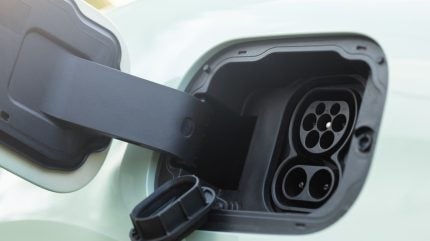
Europe’s readiness for the anticipated surge in electric vehicle (EV) uptake and flexible e-mobility has become a critical topic for discussion, particularly as the continent looks to enhance its infrastructure for smart charging and vehicle-to-grid (V2G) technologies.
At EVision 2025 in Brussels, industry experts looked at issues around Europe’s EV infrastructure capacity, bi-directional charging and overall V2G readiness.
Smart charging has already demonstrated considerable economic and environmental benefits including the integration of V2G technologies that offer cost savings for grid systems.
However, the central question remains: how can these benefits be maximised?
Nazim Khiari, policy advisor at the Council of European Energy Regulators, emphasised that problems such as “standardisation issues” and a “lack of interoperability” present significant barriers to the widespread adoption of these technologies.
A potential solution lies in expanding and improving the infrastructure for both charging stations and grid systems. This can only be achieved if both elements are synchronised to fully support smart charging capabilities.

US Tariffs are shifting - will you react or anticipate?
Don’t let policy changes catch you off guard. Stay proactive with real-time data and expert analysis.
By GlobalDataThe European Commission is actively working to streamline EV infrastructure deployment. As part of this, significant funding has been allocated to developing alternative fuel infrastructure. These funds are expected to aid the construction of thousands of new charging stations and improve network capacity.
While progress is evident in countries such as the Netherlands, France and Germany, other nations lag. However, with falling EV costs and the growth of public-private partnerships, many of these countries are expected to accelerate their efforts.
Challenges around fast-charging infrastructure were also highlighted, particularly with regards to V2G capabilities.
Matthias Pletinckx, strategy and tender lead at Fastned, noted that fast-charging stations currently focus on delivering quick energy rather than supporting V2G. However, by collaborating with grid operators, these stations can be adapted to manage energy loads during peak demand and help reduce strain on the overall grid.
In addition to the technical and logistical challenges, consumer protection and data privacy remain pressing concerns. The growth of smart charging infrastructure must go hand in hand with ensuring that consumers understand the value proposition and are protected in terms of privacy.
The session also highlighted the disparity in charging point availability, especially in rural areas, which could hinder widespread adoption. To ensure that the future of electric mobility in Europe is both accessible and equitable, continued innovation and regulatory support will be key.



